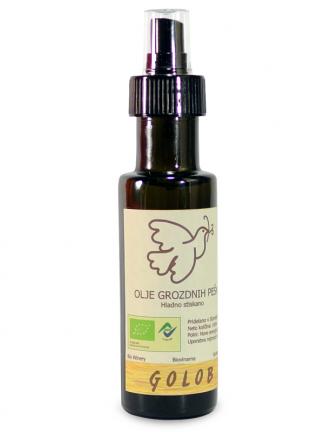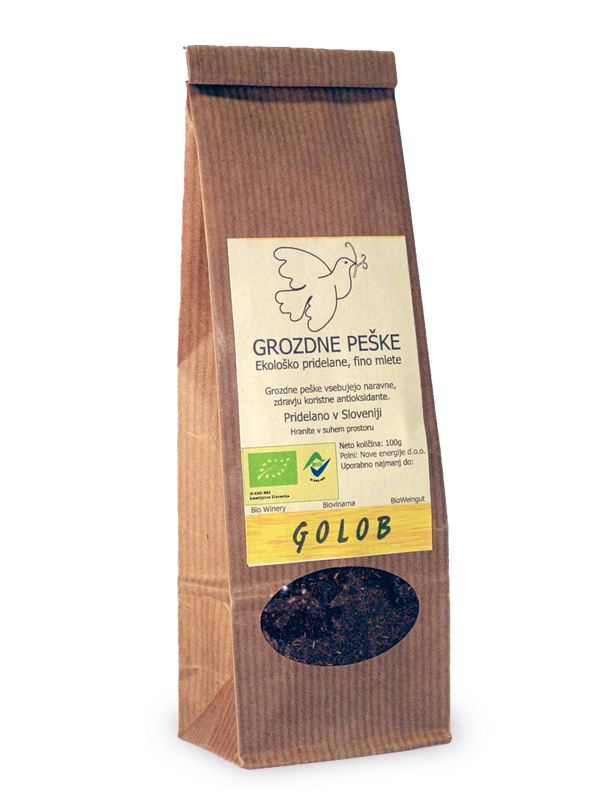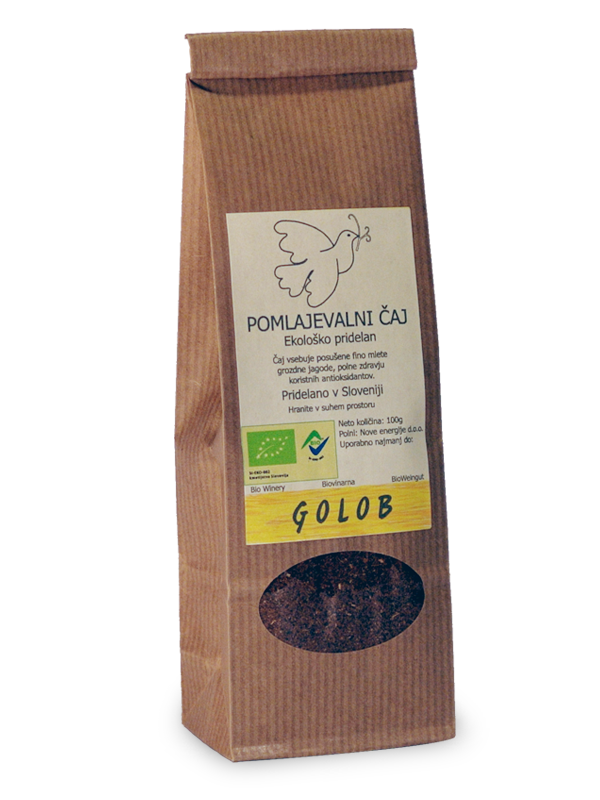 Last Updated on
Last Updated on Cardiovascular disease refers to disorders and infections of the cardiac muscle and vascular system which supply life-sustaining blood to vital organs such as the brain, heart, lungs, etc. While cardiovascular disease accounted for 10% of all deaths worldwide at the start of the 20th century, the figure dramatically increased to 30% by 2001. It is responsible for almost 50% of all deaths in high income countries and close to 28% of all deaths in low and middle income countries. Cardiovascular disease kills approximately 17 million people each year and is now the number one cause of death worldwide, eclipsing other factors such as nutritional deficiency, HIV/AIDS, injury and respiratory diseases.There are various types of cardiovascular diseases which afflict the human population. These include coronary heart disease (which involves a narrowing of the blood vessels that supply the heart, usually due to atherosclerosis), congenital heart disease (due to malformation of heart structures at birth), stroke (due to a blockage of the blood supply to the brain), congestive heart failure (the condition wherein the heart muscles are progressively unable to pump blood into the blood vessels), peripheral arterial disease (wherein the arteries supplying blood to the arms and legs are affected), Rheumatic heart disease (damage to the heart muscles and valves as a result of rheumatic fever) and many others.
While specific conditions can lead to specific cardiovascular diseases, there are certain risk factors which increase the incidence of heart and vascular related disorders in general. The most important of these risk factors are smoking tobacco, obesity, unhealthy dieting and having a sedentary lifestyle. Stress also plays a role in the development of cardiovascular diseases. While it is true that stress is a normal part of life, excessive stress can lead to higher blood pressure, less exercise, overeating and increased smoking. People all around the world are at risk of developing cardiovascular diseases, but there are effective ways to prevent them. Arguably, the most efficient strategy in terms of time, cost and physical energy is via the regular consumption of grapes and grape based products such as wines and seed extracts.
Recent research into the cardioprotective attributes of grapes and grape seed extracts has been spurred on by the phenomenon commonly referred to as the French Paradox. This is the observance that the French tend not to suffer from as many cases of cardiovascular diseases compared to other parts of the world, despite a local diet that is much higher in saturated fats. The disparity is believed to be due to the higher consumption of red wine in France. Red wine, like grape skins, grape seeds and grape seed extracts, contains cardioprotective chemicals known as proanthocyanidins.
Proanthocyanidins are being extensively tested in labs worldwide in order to discover all of their health promoting benefits. For example, in 2004 researchers discovered that postmenopausal women who drank red wine with meals absorbed less fat from those meals. In 2006 scientists found that the compounds in red wine can actually help to relax circulation. Indeed, drinking red wine in moderation can do wonders for your health.
Despite the many health benefits of wine, the best source of proanthocyanidins is undoubtedly grape seeds. Grape seeds contain a high concentration of polyphenols, with grape seed extracts and grape seed teas being rich in proanthocyanidins. In addition to arterial relaxation and promoting blood flow, these chemicals help to protect the heart and vascular system by reducing the oxidative stress caused by unfriendly bacteria found in the mouth (these bacteria significantly increase the risk of heart attacks and stroke) , prevents platelets from clumping together, prevents plaque accumulation in the arteries, prevents bruising and rupturing of capillaries and supports the collagen rich structure of the vascular system. Rat-model experiments consistently show that rats given with grape seed extract will suffer significantly less cardiovascular damage when exposed to the same conditions than rats without such protective treatment.
If your family has a history of cardiovascular diseases or if you are simply intent on protecting your long term health, then you should definitely try to supplement your diet with grapes and grape based products. Prevent the problems before they begin and save thousands in medical expenses! Proanthocyanidins are naturally occurring chemicals than can do wonders for your physical and mental well-being. Take the step towards a brighter future, today.
References
http://www.webmd.com/heart-disease/stress-heart-attack-risk
http://www.news-medical.net/health/What-is-Cardiovascular-Disease.aspx
http://www.ncbi.nlm.nih.gov/books/NBK11767/
http://www.ncbi.nlm.nih.gov/pmc/articles/PMC2917156/
http://www.ncbi.nlm.nih.gov/pubmed/12628506
http://www.ncbi.nlm.nih.gov/pubmed/10371703
http://www.wellnessresources.com/health/articles/new_data_on_dental_health_heart_disease/
Image courtesy of eltpics


